I often get the sense here in Northern Chile that politically people are very polarized. Not in the sense that they are either quite liberal or quite conservative, but rather in the sense that they are either very politically active, or have entirely written off politics as something that doesn’t not pertain to their lives.
One night while gathering to hang up posters for Raquel’s Regional Representative campaign, Juan told me that Chile has a “lost generation” when it comes to politics. Those that came of age during the Pinochet regime were often too afraid or too disorganized to see themselves as a political force in any way. “We are still rebuilding” he told me.
Juan, Raquel, and some of their other friends are certainly making an effort to rebuild political participation among Chile’s young adults. They run for city office, they organize protests, art exhibits, performances, and observances to promote things like indigenous rights, and stand in opposition to things like neoliberal multinational capitalism.
But then there are the others like my neighbor Sarita who told me before the recent election that she wouldn’t vote because it doesn’t really matter who wins. “No one pay attention to us in the North, anyway.” Similarly, when I asked my friend Alex if he’d like to watch the movie NO with me, he declined. The film is the tale of a 1988 referendum to decide Pinochet’s permanence in power. It follows the opposition—the “No” vote, and their advertising campaign that wins the election. Alex said he had no interest because he didn’t really understand politics. “People of my parents’ and grandparents’ age, they lived through it. But I don’t really know the history, so movies like this…well, I’d rather watch The Walking Dead or something.”
And yet, today, people from both sides of this (a)political divide seemed to have something in common. At least they did as viewed from Facebook activity.
Today was historic for maritime relations between Chile and Peru (and to an extent, Bolivia). The area in which Alto Hospicio lies was Peruvian at the time of independence. However, during the War of the Pacific between 1879 and 1884, Peru lost the land to Chile. The final borders drawn during the peace accords at the end of the war are still somewhat disputed, particularly by Bolivia which lost all of their coastline. Today, the Hague decided upon a dispute between Chile and Peru, not over coastline or cities, but over sea territory. Granting Peru more sea territory, but keeping rich fishing areas in Chilean control, the international court redrew the maritime border (BBC's coverage).
Some friends did admit to me that they felt the decision to cede some water area to Peru was unfair. But they also felt that avoiding conflict was important. Many said that the decision was irrelevant because economic gain from the sea territory only ends up in the hands of seven families of the oligarchy. But these nuanced opinions were not published on Facebook either through original writing or links to online sources. Instead, solidarity between Peruvians and Chileans overwhelming dominated the Facebook posts from my friends.
On the political side, Raquel and her friend Marcelo both shared a piece of text essentially thanking Peruvians and Bolivians for standing with Chileans during the Santa Maria School Massacre in Iquique in 1907.
Patriots, fellow Chileans…Why do we not go to war against Monsanto? Why not fight to recover copper from your country? Why do you not wage war on Spanish companies that rob us when we pay for light and water? Why were you not in solidarity with artisanal fishermen when the Chilean government perpetually delivered the sea to the seven richest families?...Chileans and Peruvians stop being so easily swayed by media sensationalism of the bourgeois press. We should continue fighting together against those that make our lives impossible!
Most people who usually stay away from political discussion stuck to humor. Many memes declared something along the lines of “The sea is neither Chilean nor Peruvian, it belongs to the fish!”
I don't know [with typical Chilean filler word], I don't know [with typical Peruvian filler word]!!!
My friend Jaime asserts, “It’s so hipster to say that people shouldn’t complain about the decision of the Hague. I bet if you take the issue of sushi those assholes will start a revolution.” About those who feel an end to conflict is more important than specific borders, he implicitly suggests they stand in a privileged position (‘hipster’ being aligned with the northern hemisphere, urban culture, and detachment from the material consequences of everyday life), yet continues to make light of the situation sarcastically suggesting that what they would really care about is sushi.
Peruvian friends shared the link to an article in the online magazine The Clinic, which listed "Ten Things That Perú Has Won That Hurt More Than the Decision of The Hague." Among the 10 were #2 Rich Chilean chicks prefer to summer in Mancora [Peru], and #8 Pisco-In 2013 the European Union recognized Peru's rights over the marvellous liquor."
Even the Bolivians had their say through sarcasm and parody:
So if my friends are representative of Northern Chileans, or at least those between the ages of 20 and 40, it seems that though everyone was paying attention, no one really cared. Perhaps because this border only affects the oligarchy, or perhaps because they believe an end to dispute is more important than the ways the sea area is divided, these people express their interest by enthusiastically posting and commenting. Yet what they assert is that the outcome does not really matter. I am curious to see if in coming days more serious, nuanced, and critical discussions will take place on Facebook or on the street. But for now, people seem to be avowing “Yes, I am paying attention!” without taking sides on a matter that to most is “supposed” to be important, but in their daily lives simply doesn’t matter.
Further Reading
A Primer on the Bolivian-Chilean Maritime Conflict
They Paved (Nationalist) Paradise: Cultural Dimensions of the Bolivian-Chilean Maritime Conflict
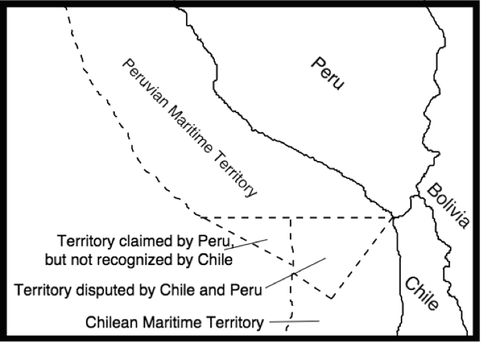
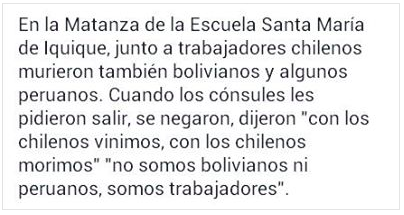
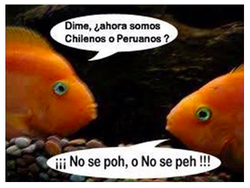
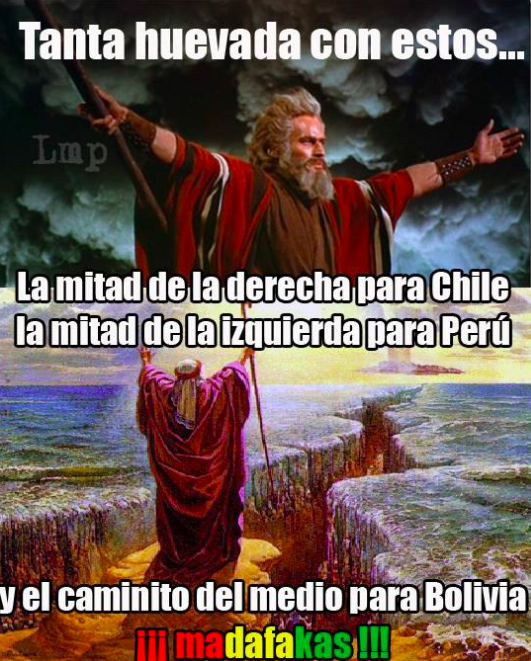
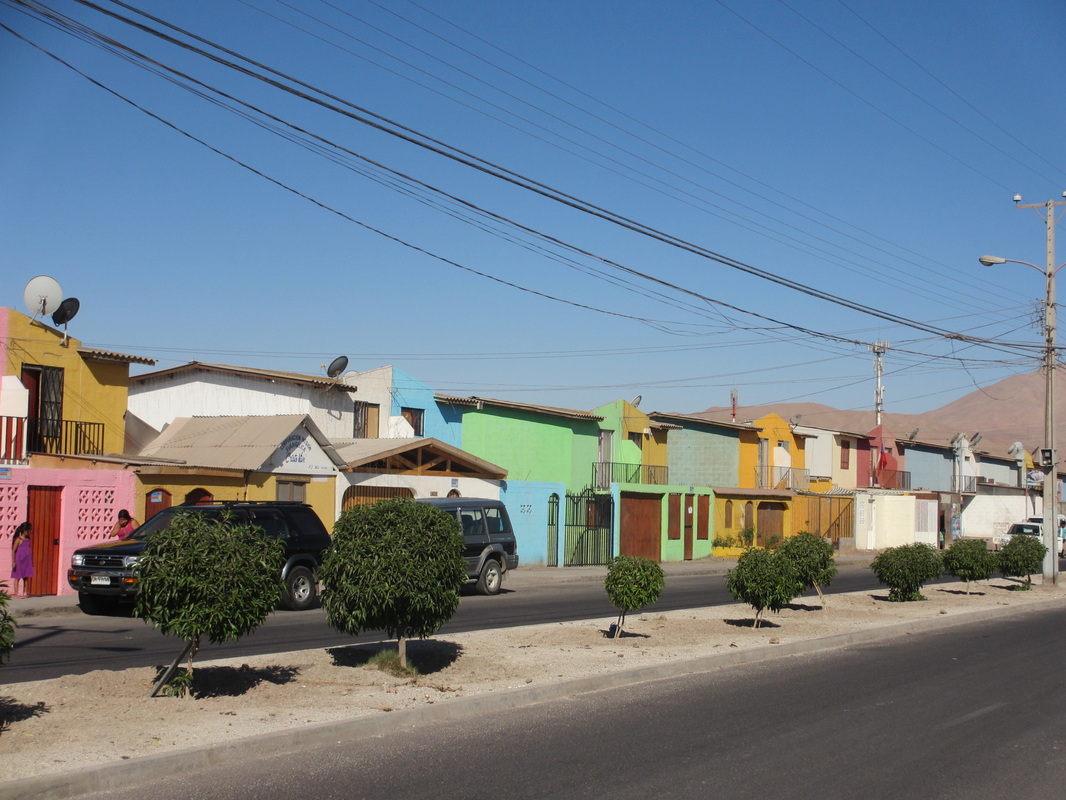

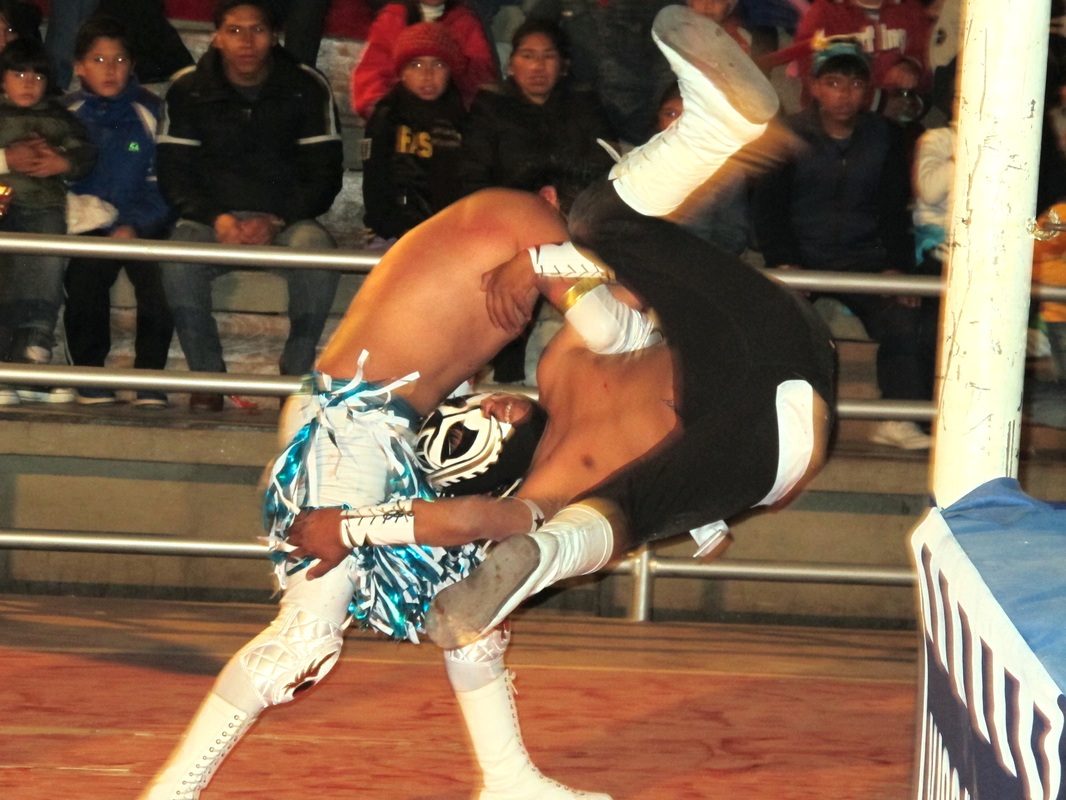
 RSS Feed
RSS Feed
